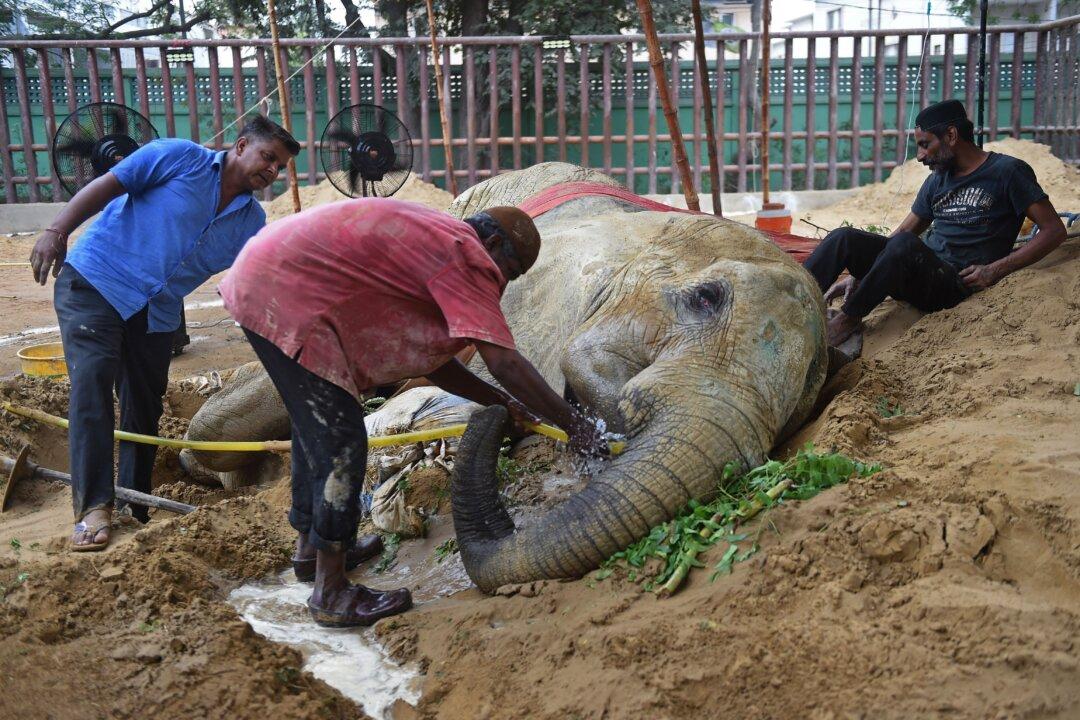Pakistan is considering permanently closing Karachi Zoo due to the government’s lack of capacity to properly care for the wild animals amid one of the worst economic crises the country has faced in years.
Pakistan’s federal minister for climate change, Senator Sherry Rehman, has urged the provincial government to shut down the zoo after an elephant became critically ill owing to insufficient animal care, The Nation reported on April 16.





